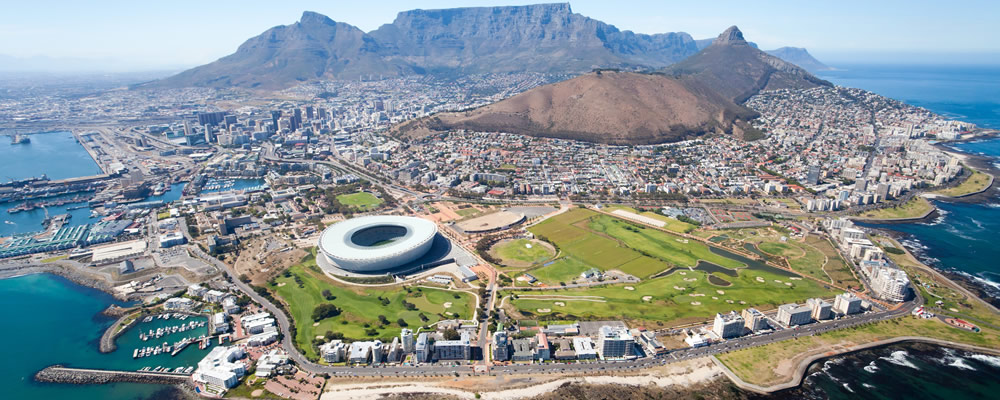Euro South African Rand (EUR/ZAR) Exchange Rate Flat as IMF Hints at Downgrade to Global Economy Growth Forecasts
The Euro South African Rand (EUR/ZAR) exchange rate remained muted, with the pairing currently trading at an inter-bank rate of R15.9060.
This afternoon the Head of the International Monetary Fund warned that the global economy’s momentum has slowed in recent months.
Revealing that the IMF will downgrade its growth forecasts next week, Head of the IMF, Christine Lagarde said:
‘A year ago, I said ‘the sun is shining – fix the roof.’ Six months ago, I pointed to clouds of risk on the horizon. Today, the weather is increasingly ‘unsettled’. What do I mean by that?
‘In January, the IMF projected global growth for 2019 and 2020 at around 3.5% – less than in the recent past, but still reasonable. It has since lost further momentum, as you will see from our updated forecast next week.
‘Only two years ago, 75% of the global economy experienced an upswing. For this year, we expect 70% of the global economy to experience a slowdown in growth.’
South African Rand (ZAR) Flat as Moody’s Delays Release of Credit Rating
The start of this week’s session saw the South African Rand (ZAR) rise as the currency was buoyed by Moody’s delay to the release of the South African credit rating.
Commenting on the delay, Andre Botha, Senior Dealer at TreasuryONE, said:
‘The market waited in bated breath on Friday for the release of Moody’s credit rating review and the news passes more with a whimper than a cannon blast. Moody’s did not release a statement on South Africa, which means by default that Moody’s kept their rating unchanged.’
On Tuesday, Moody’s revealed that South Africa’s sovereign credit rating was still in investment grade.
Moody’s was the last of the three large credit ratings agencies to leave the South African Rand at investment grade.
In a research note, Moody’s said that the country’s credit rating was still at Baa3 with a stable outlook.
Yesterday: Euro (EUR) Slides as Manufacturing Confidence Hits Six-Year Low
Monday saw the Euro (EUR) slide against the South African Rand (ZAR) following a worse-than-forecast Manufacturing PMI for the Eurozone.
Data showed that March’s PMI showed the greatest contraction of the manufacturing sector for nearly six years.
IHS Markit also found that this was the largest monthly decline in new orders, and manufacturing confidence fell to its lowest level in over six years further dampening the single currency.
Looking at the data by country, all three of the largest economies in the bloc posted sub-50 PMI readings.
Commenting on the data, Chief Business Economist at IHS Markit, Chris Williamson said:
‘The March PMI data indicates that the Eurozone’s manufacturing sector is in its steepest downturn since the height of the region’s debt crisis in 2012. The survey is indicative of output falling at a quarterly rate of approximately 1% in March, suggesting that the January rebound from one-off factors late last year seen in the latest official data is likely to prove short lived.’
Euro South African Rand Outlook: Will the EUR/ZAR Exchange Rate Rise on Better-than-Forecast Eurozone Retail Sales?
The Euro (EUR) could rise against the South African Rand (ZAR) on Wednesday following the release of the Eurozone’s PMI composite.
If March’s PMI remains unchanged at 51.3 showing consistent growth, the Euro may be able to claw back some of today’s losses.
Later in the morning the single currency may continue to claw back losses following the release of the Eurozone’s annual retail sales figure.
If February’s sales rise by 2.3% as forecast or higher the Euro South African Rand (EUR/ZAR) exchange rate could rise.



